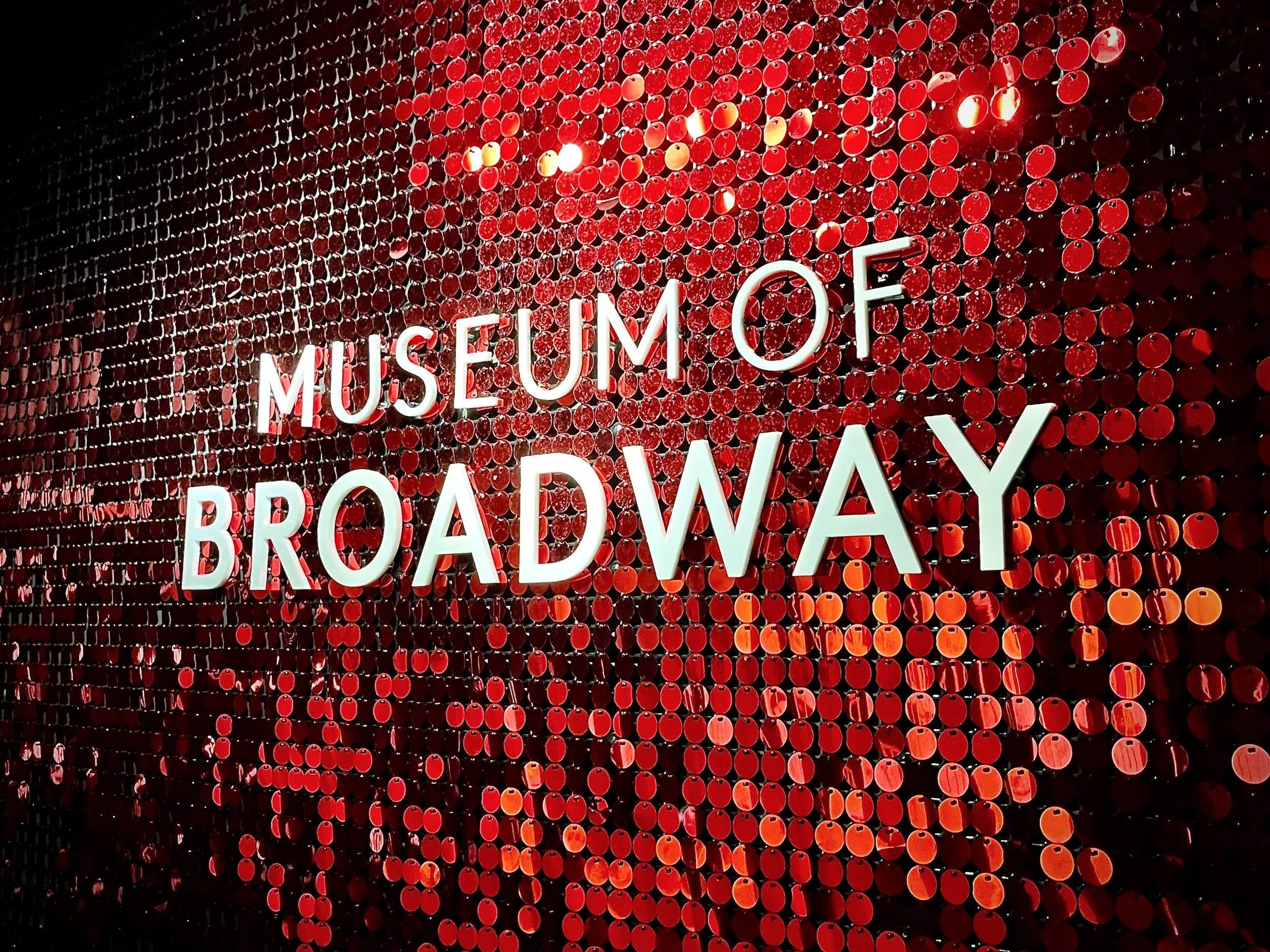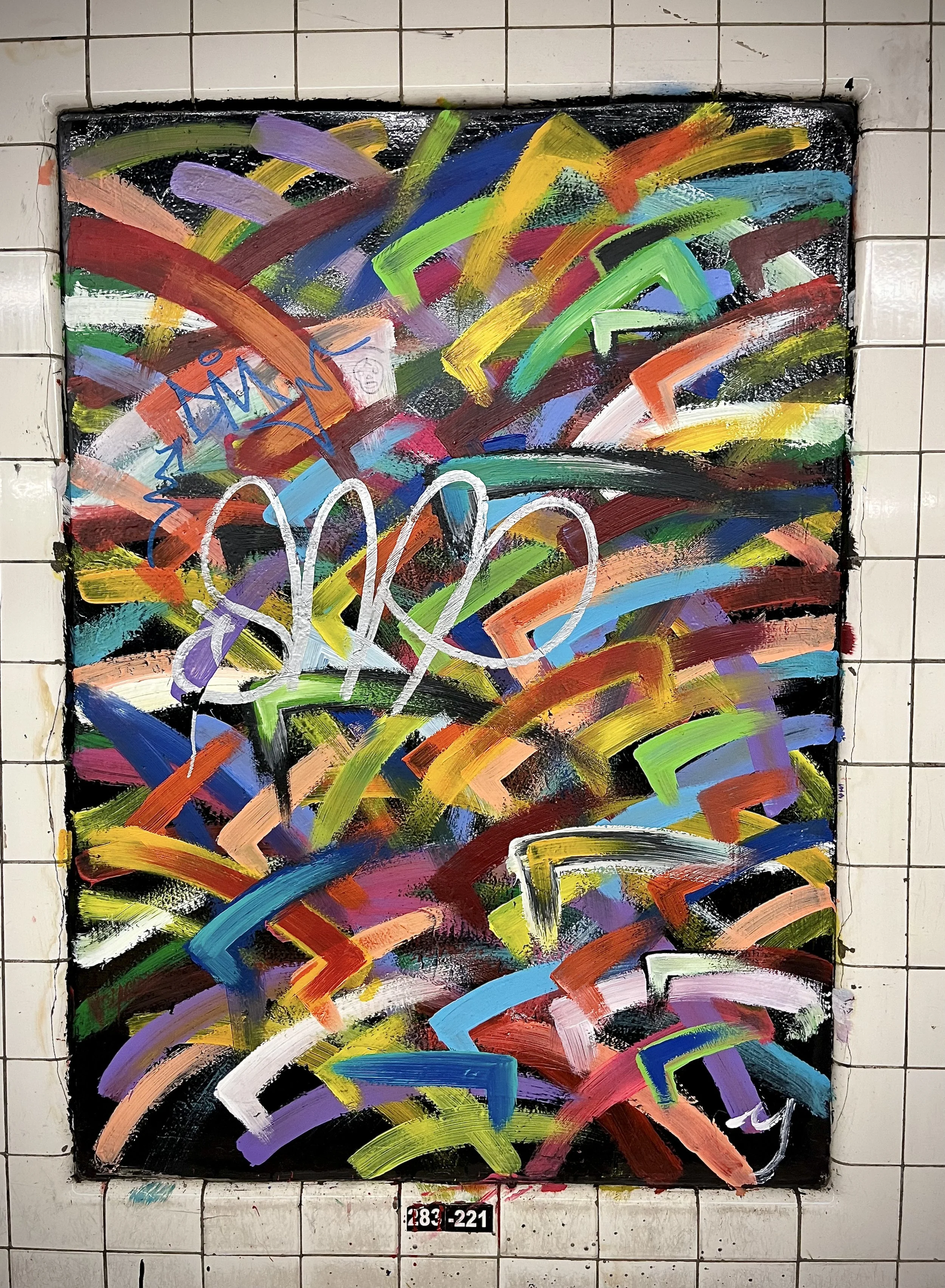LIVE RECAP of Carnegie Hall's Opening Night Broadcast
October 4, 2023
6:54pm. The Chicago Symphony Orchestra and Ricardo Muti are about to begin the gala concert opening of Carnegie Hall’s 23/24 season. It’s sold out, and alas, I’m at home deciding what to prepare for dinner. WNYC is on the air, and I learn that John Schaefer is hosting a live broadcast of the concert on WQXR! Brilliant.
7:00pm. I tune in. Through the radio (streaming audio, to be accurate), I sense the energy and ambiance of the bustling Stern Auditorium across the river. The concert opens with Leonidas Kavakos — surely one of the world’s most admired violinists — as soloist in Tchaikovsky’s Violin Concerto.
7:26pm. Delighted at the audio quality. CSO sounds splendid, of course. Kavakos’s vibrant tone sings over the airwaves. (Are there any airways involved nowadays? Probably just the sound waves from his fiddle to the mics, but I digress.) He plays the rich solo part with Romani-tinged flavors. When high on the E string, his instrument almost sounds like a flute.
7:31pm. Applause after the first movement. My pre-pandemic self would have scoffed. But, really, who cares? We’re just lucky someone is still performing this music, and that people are enjoying it.
7:36pm. Second movement. The string section sounds shiny and glistening through my modest speakers.
7:38pm. One of the advantages of listening at home is being able to read along with the score. I’m curious if a particular melodic moment — woody, dark, and sighing — is a violist in the orchestra, or actually the solo violin part. Indeed, I learn that it’s Kavakos, on the G string, con sordino, yet full and rich. (This would not have been a mystery if I were there IRL.)
7:40pm. Still following with the score. Third movement. Kavakos’s octaves preceding the Molto meno mosso at Letter D are stunning.
7:43pm. The plucky orchestral accompaniment is right on Kavakos’s tail. He’s driving it relentlessly — a tour de force performance. Orchestra and conductor are merely supporting players. Every aspect of the violin part feels natural, stylish, integrated. And his intonation is flawless.
7:49pm. Bravos and applause roar through the speakers; listening to the radio commentary transports me to my childhood bedroom, listening to the Boston Pops.
7:51pm. WQXR’s enlightening content beats standing on line for the restroom in the hall. We hear about Victor Hartmann, the painter that inspired Mussorgsky’s Pictures at an Exhibition. A concise interview with CSO’s principal trumpet provides insight into the Ravel orchestration of Pictures we are about to hear.
7:57pm. Pictures brings back another childhood memory. I would listen to it on LP; it sounded like a movie score, and cemented for me the connection between classical music and visual media.
8:01pm. The saxophone solo is perfect and elegant. What a lyrical, refined tone.
8:11pm. I’ve never heard the various “Promenades” so clearly before: a response to what we’ve just “seen,” how we might be changed — a new perspective. “Chicks” is symphonically perfect. The following recitativo in low strings (“Rich and Poor”) is so crisp, I can actually hear Carnegie Hall’s acoustic reverberations in this passage.
8:18pm. “In the Catacombs.” Chicago’s brass have entered the chat. Damn.
8:25pm. Following along with a piano score (Mussorgsky’s original version), I contemplate the impact of Ravel, and the craft of orchestration. So little appreciated or understood.
8:30pm. “The Great Gate of Kiev.” This music is the first time I had heard of the Ukrainian capital now front-page news. CSO brings such a warm sound, clearly relishing the acoustics of the famous hall, like any great orchestra, confident in their rhythmic pocket, stretching, ebbing, and adjusting with Muti in organic unity.
8:36pm. An encore. Muti speaks about Kiev, but says one should not make political statements — thoughts of Italy seem “more genteel.” They play an Intermezzo from La Fedora. How does he get an orchestra to sing like this — like a soprano in full bloom, informed by a lifetime of struggle, and blessed with the body and technique to project that expressive essence into vibration.
8:42pm. Thus begins the new season!
***
by Brian Taylor




